Franz Waxman 1906-1967
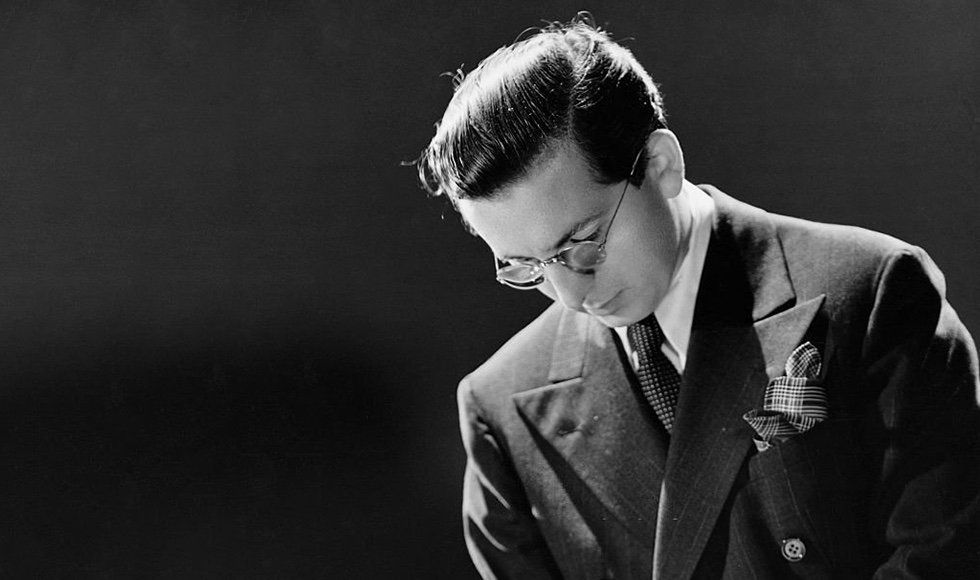
Franz Waxman is an important figure in the annals of motion picture music. His special brand of music, composition, particularly his film music, has influenced many subsequent film composers, including Jerry Goldsmith, who began his career while Waxman was still scoring films and who today is considered an influence on many new composers himself. With the assistance of the composer’s son John, himself a prominent figure in movie music (but for different reasons) we present an appreciation of a talented composer who was equally at home writing movie and concert hall music.
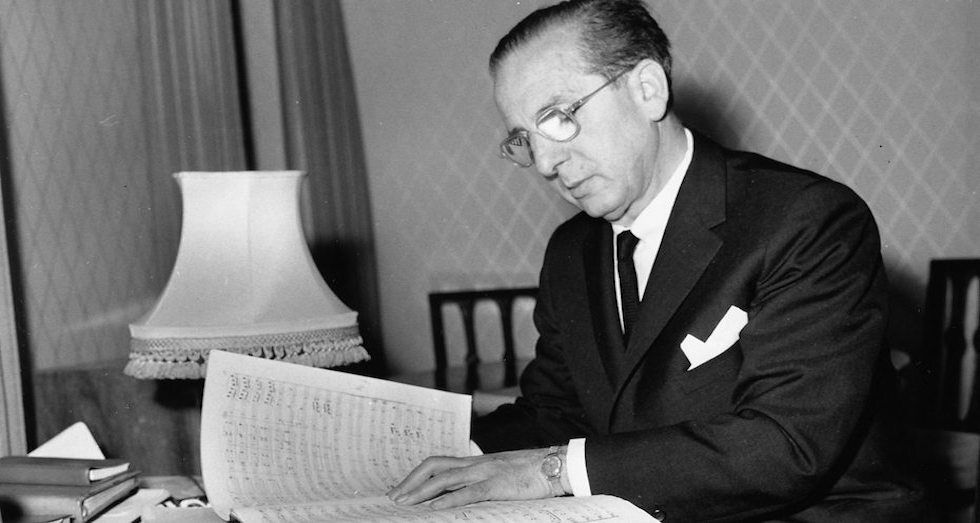
In an article which appeared in the January-February 1944 issue of Music Publishers Journal, I stated that the music of the motion picture is showing constant improvement in quality. I think that I can substantiate this statement by pointing to the contributions of gifted composers and excellent musicians to motion pictures during the past eighteen months. Real progress in musical development is apparent in the new techniques that are being used. More important, the producers of motion pictures are becoming increasingly aware of the value and contribution of music to the entertainment quality and dramatic power of their films.
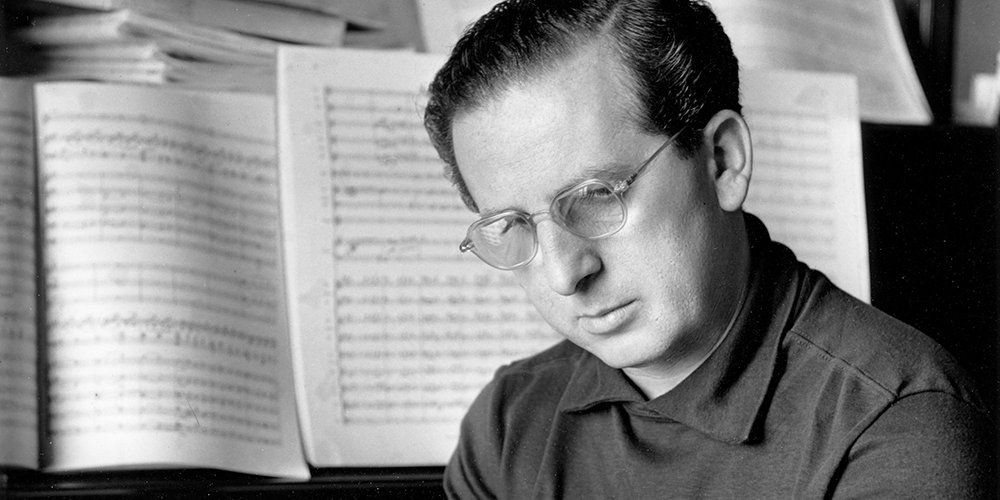
This is one of a series of fifteen programs featuring interviews with prominent film composers, interviews written by Lawrence Morton and recorded in Hollywood for rebroadcast by the Canadian Broadcasting Corporation. The series is referred to by Gerald Pratley in his article Furthering Motion Picture Appreciation by Radio, which appears elsewhere in this issue. This script, broadcast in April, 1950, has been selected by the editors as representative of the series. - Editors.
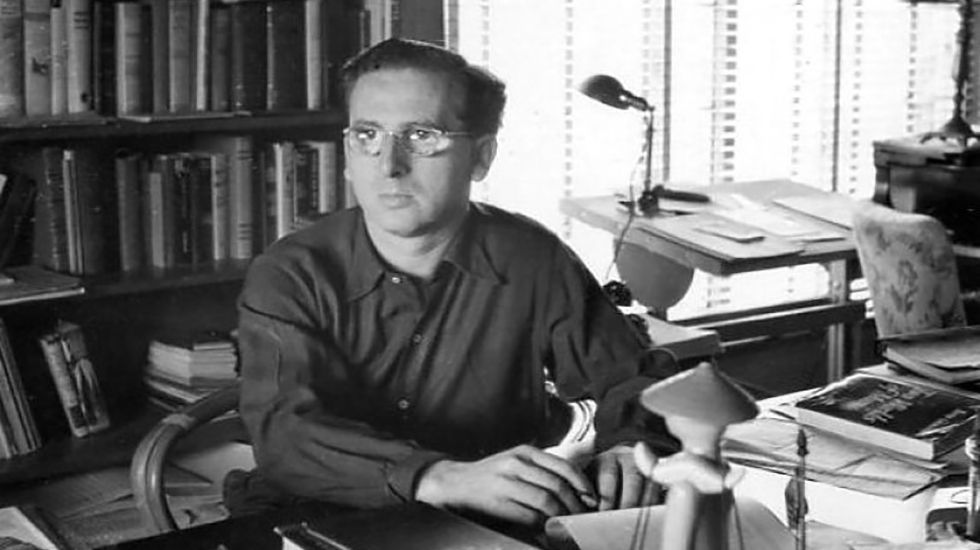
Tony Thomas was right but my father felt that he was a composer, whether he was writing for films or the concert hall. Every assignment presented a new musical challenge and opportunity. He always met his deadlines. The financial rewards were less than in films but most of the television revenue was specifically earmarked for the deficit of the Los Angeles International Music Festival. Waxman founded the festival in 1947 to present each spring (in Royce Hall Auditorium, on the University of Los Angeles campus) the best and newest in contemporary music.
Recommended further reading
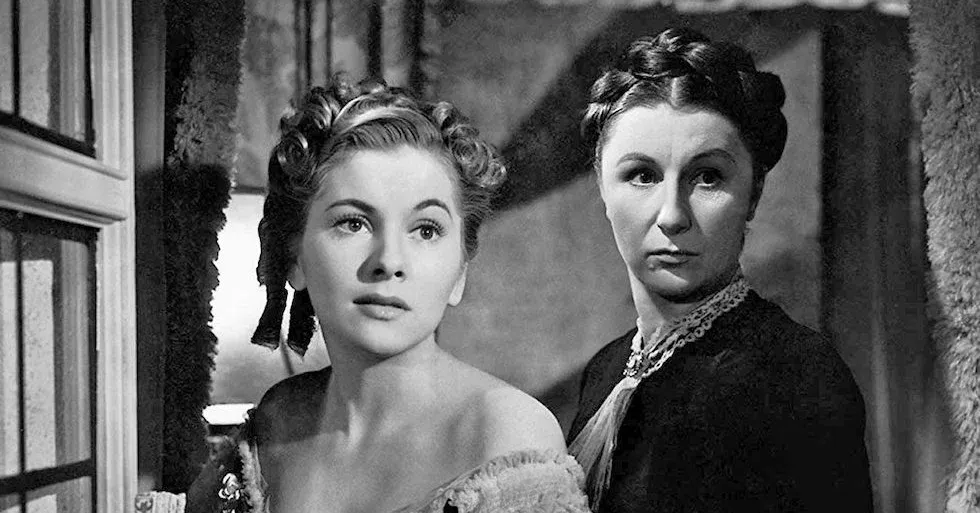
The music of Alfred Hitchcock and David O. Selznick’s Rebecca flows from many sources. In addition to Franz Waxman’s original music, eighteen passages are drawn from nine other films. This practice of transplanting old scores into new films relates back to the compiled scores of theatrical melodrama and silent film, but its consequences in Rebecca, a film centered on an unnamed heroine whose trials were intended—in the words of Selznick— to “make every woman say ‘I know just how she feels,’” are especially complex. Close study of the film and its production documents reveals that these recycled passages alternately clarify and complicate the heroine’s characterization and Waxman’s artistic control over the scoring process.
Reviews
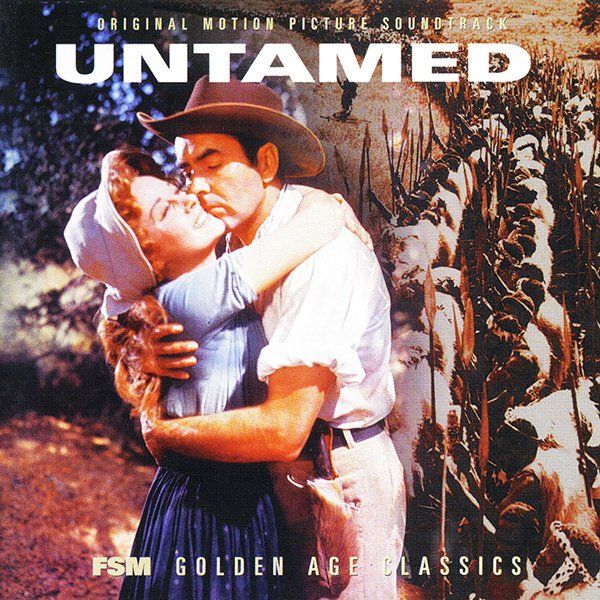
Because of its controversial setting – mid-19th century South Africa and the building of an independent Dutch Boer state, Untamed has tended to sink into semi-obscurity – no video release has ever appeared and the film is seldom seen on TV. It is a typical 20th Century Fox CinemaScope romantic adventure film, from 1955, a sort of Gone With the Wind with the headstrong, flighty heroine Katie (Susan Hayward) pursuing the rugged hero Paul Van Riebeck (Tyrone Power) from Ireland to South Africa. He is torn between love for her and for his emerging state, while Katie is pursued by the brutish and jealous Kurt Hout (Richard Egan) and menaced by warring Zulus, storms and the dangers in the wild terrain of South Africa.
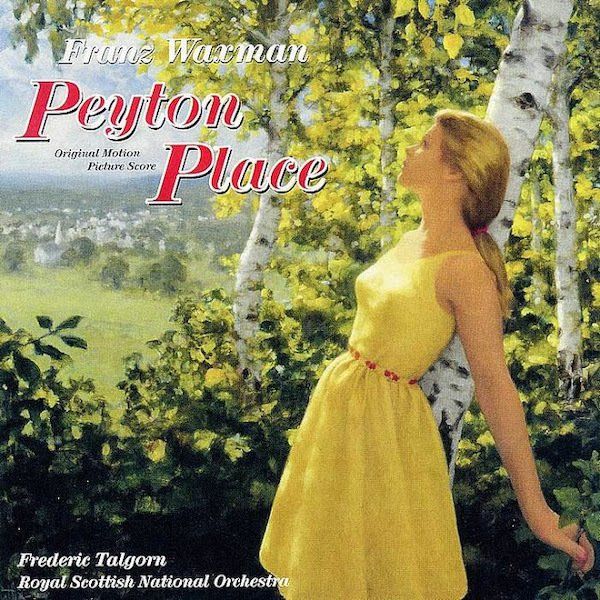
During the recording sessions for Peyton Place, the film's producer, Jerry Wald wrote:- "Every musician on the lot is highly enthusiastic about Franz Waxman's score for PEYTON PLACE, from Alfred Newman on down to the members of the orchestra who recognize the score as a masterful job and a great achievement in scoring. Mr Waxman is one of the few musicians I know who does not think that the film is accompanying his music --- he makes his music work for the picture. He adds dimension to the story-telling by his sound effects in music. He also has the dramatic insight which tells him when to stop the music. When people view the 'Chase in the Woods' for instance, they will find that suddenly, at its height, the music stops and all that is heard is the breathing of people involved in the chase and the natural sounds in the woods at night."
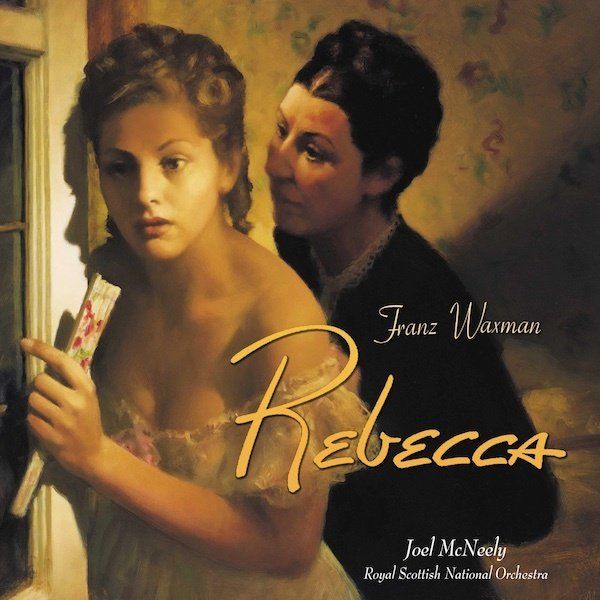
This new recording of Franz Waxman’s own favourite score, out of the 144 he scored in Hollywood, competes with the 8-minute Rebecca suite within ‘Sunset Boulevard – the Classic Film Scores of Franz Waxman’ compilation (RCA Victor GD80708) recorded by Charles Gerhardt and the National Philharmonic Orchestra in 1974, and a 72-minute album devoted to the Rebecca score on Marco Polo 8.223399, recorded in 1990 by Adriano conducting the Czecho- Slovak Radio Symphony Orchestra.
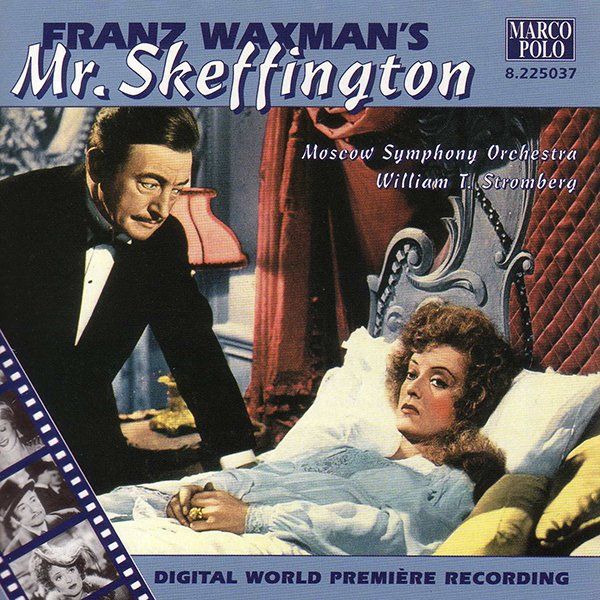
Bette Davis knew the value of film music. She keenly appreciated its power to flatter her and support her portrayals, focusing and intensifying the emotions of her characters and, often, revealing contradictions in their personalities. Davis took a keen interest in the composition of the music for her films. At Warner Bros, where she was under contract from 1932 to 1949, her films were scored by Erich Wolfgang Korngold, Franz Waxman and Max Steiner. They would all become very familiar with her screen characterisations. [Her favourite was Max Steiner, who contributed music for most of them - 20 in all.] But of Waxman's score for Mr Skeffington, Bette Davis told the composer's son, "Yes, now that was music!"



